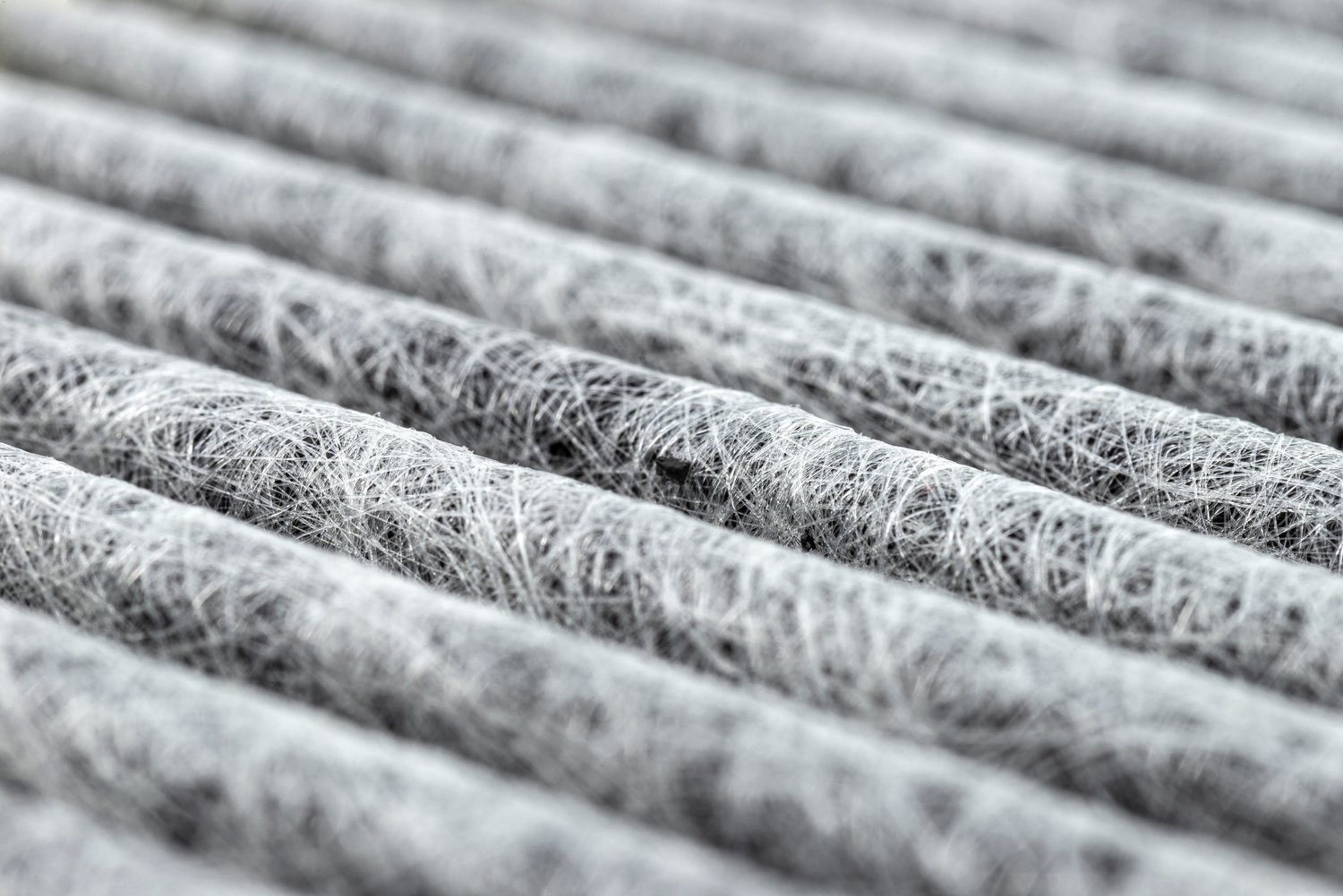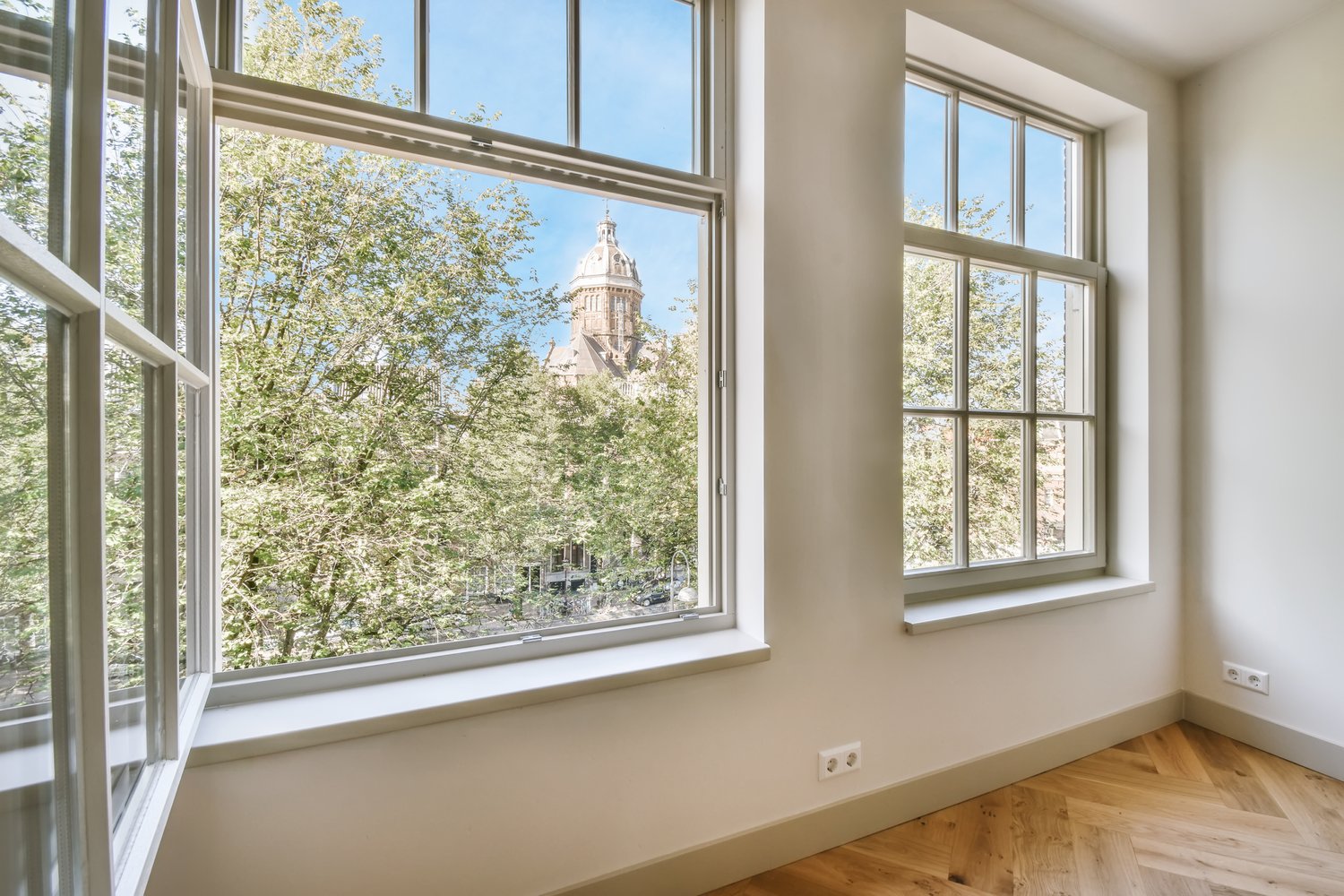Your HVAC system silently works around the clock to keep your home comfortable, but it requires regular maintenance to function at its best. One of the most critical yet often overlooked maintenance tasks is changing your air filter regularly. This simple action affects your system’s efficiency, your home’s air quality, and even your monthly energy bills. Understanding when and why to replace your filter can make a significant difference in both the performance and lifespan of your heating and cooling equipment.
How Air Filters Work in Your HVAC System
Air filters serve as the first line of defense for your heating and cooling system. As air circulates through your home, the filter captures airborne particles like dust, pollen, pet dander, and other contaminants. This filtration process prevents these particles from entering your HVAC equipment and recirculating throughout your living spaces. When you change your HVAC filter according to recommended schedules, you ensure this critical component can continue performing its dual role of protecting your equipment and maintaining clean indoor air.
The filter’s design is relatively simple but highly effective when maintained properly. Most residential filters consist of fibrous materials arranged to create a barrier that allows air to pass through while trapping particles of various sizes. The efficiency of this process depends largely on the filter’s condition – a clean filter traps contaminants effectively, while a clogged one restricts airflow and allows more particles to bypass filtration.
Signs Your Air Filter Needs Replacement
Recognizing when it’s time for furnace filter replacement or to change your AC filter can save you from unnecessary system strain and poor performance. The most obvious indicator is visual inspection – a filter that appears gray, dark, or has visible dust accumulation needs to be changed immediately. Another sign is reduced airflow from your vents, which can make your system work harder to maintain comfortable temperatures.
You might also notice increased dust around your home, particularly on vents and surfaces near air registers. This often signals that your filter is no longer capturing particles effectively. According to HVAC professionals at AskHomey, unusual sounds from your system or longer run times can also indicate a clogged filter that’s restricting proper airflow. If your energy bills are climbing without explanation, checking and replacing your air filter should be your first troubleshooting step.
How Often Should You Change Your Air Filter?
The frequency with which you need to change your HVAC filter depends on several factors. Standard recommendations suggest replacement every 30-90 days, but your specific situation may require more frequent changes. Households with pets, smokers, or residents with allergies or respiratory conditions should lean toward the more frequent end of this range. Similarly, if your home is in an area with high outdoor pollution or dust, your filter will collect particles more quickly.
During seasons of heavy use – winter for heating and summer for cooling – your system circulates more air, which means your filter works harder and may need more frequent replacement. The type of filter also influences replacement schedules. Higher MERV-rated filters (which capture smaller particles) may need to be changed more often because they trap more contaminants. Seasonal changes also affect your filter’s lifespan, as pollen in spring or increased indoor activity during harsh weather can accelerate clogging.
Benefits of Regular Filter Changes
The importance of air filter maintenance extends beyond basic system function. Regular replacement delivers multiple benefits that impact both your comfort and your wallet. First, clean filters maintain optimal airflow, allowing your system to heat or cool your home efficiently without unnecessary strain. This efficiency translates directly to energy savings – the U.S. Department of Energy estimates that replacing a clogged filter can reduce energy consumption by 5-15%.
Clean AC filter benefits include improved cooling performance during hot weather and better humidity control throughout your home. For heating systems, a clean furnace filter helps ensure safe operation by preventing overheating. Both systems benefit from reduced wear and tear when they don’t have to work against the resistance of a clogged filter, potentially extending equipment lifespan by years.
Perhaps most importantly for many homeowners, regular filter changes significantly improve indoor air quality. This is especially valuable for households with children, elderly members, or anyone with respiratory sensitivities. Clean filters more effectively remove allergens, bacteria, and other microscopic irritants from your air, creating a healthier living environment for everyone in your home.
Long-term Cost Savings of Filter Maintenance
The small investment in regular filter changes pays substantial dividends over time. Neglecting this simple maintenance task can lead to expensive repairs or even premature system replacement. When airflow is restricted by a dirty filter, your system’s components work harder and wear out faster. Components like blower motors, heat exchangers, and compressors are costly to repair or replace – far more expensive than the modest cost of routine filter changes.
Furthermore, the energy efficiency benefits of clean filters contribute to lower utility bills month after month. While the savings might seem small on any given bill, they accumulate significantly over your system’s lifetime. Proper filtration also reduces the amount of dust and debris that would otherwise collect on your system’s internal components, minimizing the need for professional deep cleaning services and potentially reducing the frequency of required service calls.
For more tips and to connect with reliable home service professionals, follow AskHomey on Facebook and Instagram.



